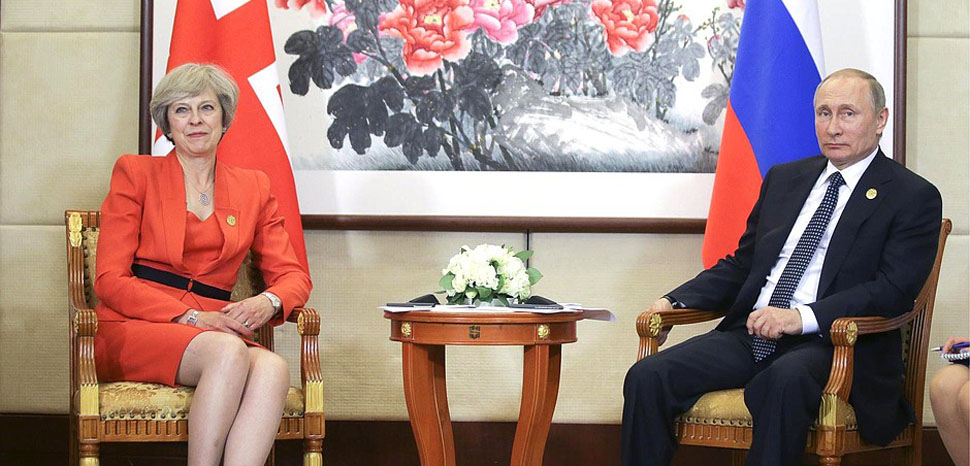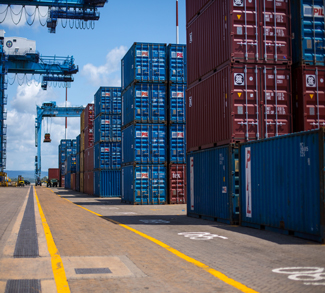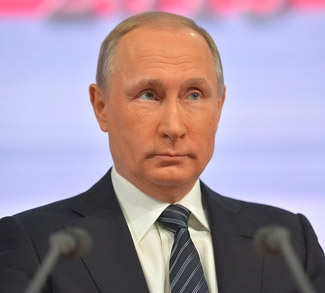Donald Trump and Brexit threatened the twin pillars of British foreign policy: ‘the special relationship’ with the United States and the UK’s influence over Europe in matters of international affairs. The façade of strength that London has sought to project since the 1980s has further been chipped away by the 4 March nerve agent attack and its relative isolation in attempts to impose further sanctions against Russia.
The building of the twin pillars
During her premiership, Margaret Thatcher began a two-pronged approach to British foreign policy. First, the ‘special relationship’ between the UK and the US was cultivated, so as to establish London as an indispensable ally to Washington, with the UK acting as an Atlantic bridge between Washington and the capitals of Europe.
Secondly, Thatcher pursued continued European integration, initially via the single market, looking to increase British power and influence by placing it at the heart of the decision-making process. Thatcher’s work would culminate in the Maastricht Treaty of 1992 and the formation of the European Union and the Euro.
And their destruction…
As the country negotiates its exit from the EU, it has sought to maintain these twin pillars as best it can. Theresa May rushed to Washington after Donald Trump’s inauguration to strengthen ties with the new administration, project confidence and stature, and secure Washington’s continued trust in the United Kingdom.
In Europe, Theresa May made it clear that the UK would remain engaged in European affairs and offered an ‘unconditional commitment’ to European security in an attempt to maintain as much decision-making influence on foreign policy and security issues. By leveraging its strengths — diplomatic network, intelligence services, military and presence at the UNSC and NATO —London will seek to preserve its influence over European policy (at the expense of Germany and France), guarantee its grandeur, and preserve its utility to both Europe and the U.S.
However, Russia and the fallout from the nerve agent attack have now dispelled notions of British power and influence.
In recent years, a crucial element in maintaining the two components of its foreign policy strategy has been its focus on Russia — both in relation to British utility to the U.S. and influence over the EU. Due to its limited relationship with the Obama administration, particularly once Hillary Clinton had left the State Department, Downing Street and the FCO had been eagerly awaiting a Clinton presidency.
Throughout 2015 and 2016, the UK pursued European and NATO initiatives against Russia. Then Prime Minister David Cameron was the chief proponent for sanctions against Russia’s economy and Vladimir Putin’s inner circle. With French support, they pushed EU member states with political and economic ties to Moscow — Italy, Greece, Bulgaria, Hungary, Slovakia, and Austria — to ensure the continued renewal of sanctions through to 2017.
A leaked report in August 2016, under heightened tensions in Ukraine and Crimea, revealed a British defense assessment that Russian military capability had surpassed the UK’s. Russia’s battlefield capacity, such as increasingly advanced air defense systems, rocket launchers, cyber warfare, and electronic warfare, was highlighted as a particular concern. The leak was almost certainly aimed at: i) highlighting, reinforcing, and justifying the need for sanctions and cooperation across the EU and NATO, and ii) justifying increased military spending post-Brexit, including a 7% increase in the defense equipment budget and a £800 million fund for next-generation weapons technologies.
Following accusations throughout 2017 about Russia’s role in fake news, the Balkans, eastern Europe, and Syria, British military figures continued to lobby for increased military spending to meet the threat Russia posed. Further, Foreign Minister Boris Johnson called for war crimes investigations over Russia’s bombing of Syria, with then French President Francois Hollande echoing those words, leading to the cancellation of a Putin-Hollande meeting in October 2016.
British and French cooperation, with German support, also extended to an attempt to implement further sanctions over Russia’s bombing of Aleppo. It was blocked primarily because of Italy’s economic interests. Economic concerns came to the fore once again in July 2017 when the US Congress introduced sanctions targeting the Nord Stream II project.
Moving forward
Despite the difficulties it faces with Brexit, London is unlikely to lose sight of Russian action across Europe and the Middle East. However, Britain is unable to pursue or benefit from its anti-Russia strategy until 2021, save for a highly unlikely change in the White House. While it will bring pressure to bear, further sanctions against Moscow will be a difficult undertaking, even with public support from the U.S., France, and Germany.
The March 2018 incident highlights the difficulty Britain faces in this regard. While the U.S., France, and Germany eventually issued broad statements of support and solidarity vis-à-vis Westminster’s claims against the Russian Federation, there will be little in the way of substantial measures and sanctions targeting Moscow.
Even though the EU Ambassador to Russia was withdrawn and all 28 EU member states placed responsibility for the attack on Moscow, EU criticism and solidarity with the UK is not the diplomatic coup the British are portraying it as. The declaration of support did not extend to the implementation of actual measures. Those negotiations will come later, by which time other factors will serve to disappoint Downing Street.
Achieving annual consensus on the renewal of the 2014 sanctions, brought in after the annexation of Crimea, has been difficult enough because of Italian, Greek and Austrian economic considerations. The Italian election results, Angela Merkel’s desire to begin Minsk II talks over Ukraine, and Emmanuel Macron’s goal of pushing through EU reform, means that political capital is not going to be spent on Russia. These diverging positions — between a confrontational British policy and a broadly non-confrontational EU policy — will remain.
The UK will also struggle to negotiate a favorable security agreement with the EU, which member states will understand as an attempt to preserve British influence in diplomatic, military, and security affairs. Meanwhile, Turkey’s presence in NATO will serve to stifle any coordinated action by NATO. The UK has, however, negotiated a bilateral agreement with France to continue their long-standing military and security partnership.
This all serves to highlight the precarious and lonely position the UK finds itself in. Nothing meaningful will come out of the nerve agent indent or from EU summits and FCO-led attempts to target Russia. Any sanctions and public statements, such as Foreign Minister Boris Johnson’s comparison of Russia with Nazi Germany, are primarily for domestic public consumption.
The opinions, beliefs, and viewpoints expressed by the authors are theirs alone and don’t reflect any official position of Geopoliticalmonitor.com.




